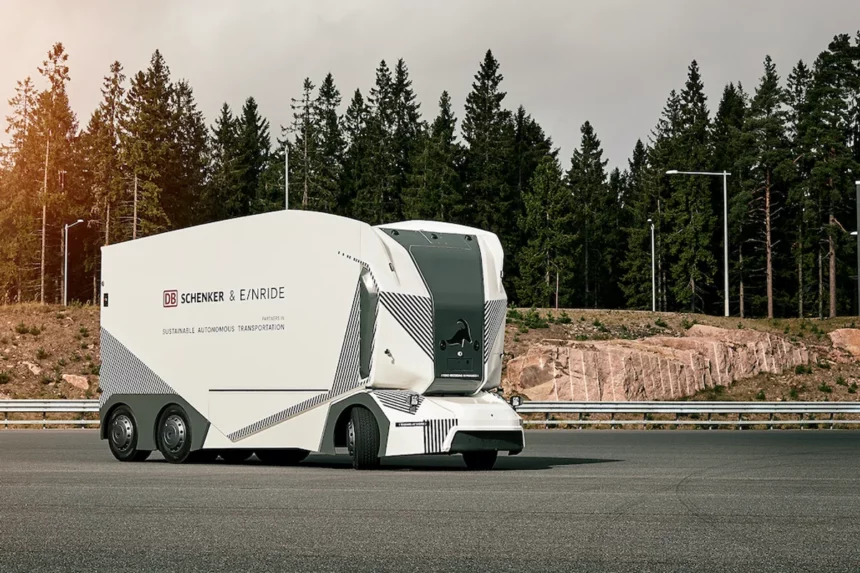The trucking industry is an essential part of the global economy, responsible for transporting goods across vast distances. As the world continues to evolve and technology advances, the future of trucking is likely to change in significant ways.
One major change that is already happening is the increased use of electric trucks. Electric trucks produce zero emissions and are much more energy-efficient than traditional diesel trucks. As concerns about the environment continue to grow, it is likely that electric trucks will become more popular in the coming years.
Another significant change that is likely to impact the trucking industry is the increasing use of autonomous trucks. These self-driving trucks are equipped with advanced sensors and algorithms that allow them to navigate roads without human intervention. While the technology is still in its early stages, it has the potential to revolutionize the trucking industry by reducing the need for human drivers.
The rise of e-commerce is also likely to have a significant impact on the future of trucking. As more and more people shop online, the demand for speedy and reliable deliveries is likely to increase. This will put pressure on trucking companies to find ways to improve their efficiency and deliver goods faster.
The trucking industry will also have to adapt to changes in the global economy. As the world becomes more interconnected, the demand for cross-border shipping is likely to grow. This will require trucking companies to find ways to navigate complex customs regulations and international trade agreements.
Overall, the future of trucking is likely to be marked by significant changes as the industry adapts to new technology and evolving economic conditions. Electric trucks, autonomous vehicles, and the rise of e-commerce are just a few of the many factors that will shape the future of this essential industry.








